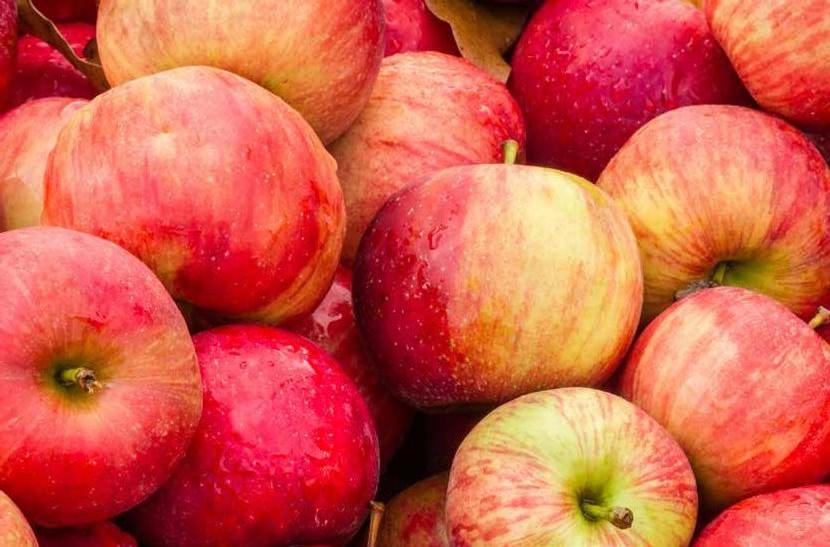
3 minute read
ORGANIC WASTE | Turning fruit waste into energy
from ReSource May 2021
by 3S Media
Zero Waste Technologies and Elgin Fruit Juices to form a collaboration. welcome push towards achieving their disposal of organic This new agreement meant that Zero zero waste goals.
During 2018, the Western Cape Department of Environmental Affairs and Development Planning took a policy decision to introduce a 100% ban on organic waste to landfill by 2027, with a 50% target by 2022.
Advertisement
While this has had a huge impact on many businesses, some have taken it as a welcome push towards achieving their zero waste goals. Organic waste, which forms approximately 37% of the waste stream in the Western Cape, is a resource that has inherent economic value, if it’s separated properly and used either for compost, nutrient extraction or as an energy source. Diverting this waste from landfill will not only save landfill airspace but will help to reduce the amount of greenhouse gas emissions.
Zero Waste Technologies, a subsidiary of GCX, and Elgin Fruit Juices have thus partnered on a biogas plant that will accept the disposal of organic waste.
The partnership
According to Hein Fourie, operations director of Zero Waste Technologies, the Elgin Biodigestion Plant was built in 2013 with the sole purpose of processing the fruit waste from Elgin Fruit Juices’ normal factory operation and producing biogas, which is rich in methane. The biogas is then used to generate electricity for use on the plant.
“The plant, however, had a number of problems within its first year, which prohibited it from producing gas at a sustainable scale,” says Fourie. In 2017, Elgin Fruit Juices was strongly considering closing the plant. This is when Zero Waste Technologies was brought in to assist

The plant, located at the Elgin Fruit Juices factory in Grabouw, Western Cape, uses an anaerobic digester to convert approximately 60 tonnes/day of organic waste into methane-rich biogas.
The biogas is then used to generate steam in a biogas boiler, which is used by Elgin Fruit Juices to produce its products.
The Elgin Biodigestion Plant creates a digestate that is high in nutrient value. There are ongoing investigations into how to beneficiate this valuable digestate through setting up a composting facility as well as a semi-commercial farm, which could create sustainable employment for the local community.
The goods from the farm will then be sold back to the very food retail stores that generate the organic waste in the first place.
“This would mean that carbon-negative energy is created – a circular economic system – and an impoverished community is being empowered,” Fourie adds.
The plant is currently operating at 50% capacity, with it rapidly ramping up to 80-100% in the next few months.
Future plans
Fourie explains that Zero Waste Technologies and Wasteplan have designed a truck that will be responsible for the collection and transportation of organic waste from designated sites in the Western Cape to the facilities. Previously, no service existed that solely collected organic waste, seeing as a full wheelie bin is heavy and difficult to transport on a bakkie.
“In response to this, we designed a truck specifically to collect organic waste and deliver it to the Elgin Biodigestion Plant. The truck can lift the organic waste wheelie bins. We wanted a vehicle that is robust yet small enough to ride down the narrow streets of Cape Town but also big enough to transport substantial amounts of organic waste. This truck should begin operating in August this year,” says Fourie.
The truck is expected to be arriving within the next two months; delays were caused due to Covid-19. The truck will service shopping centres, restaurant and university hostels.
Benefits
The beneficiation of waste has significant financial incentives for companies. In the case of Elgin Fruit Juices, the correct operation of its biodigester will decrease the cost of production through a reduced reliance on coal for steam production, as well as remove the cost of waste disposal. Other business benefits include:
• coal cost savings: R2.2 million per annum
• carbon footprint reduction: approximately 2 600 tonnes CO e through coal fuel 2 replacement only
• landfill waste reduction: 18 250 tonnes per annum
• carbon footprint reduction: 36 540 tonnes CO e 2 per annum through landfill diversion
• savings in waste disposal: between R150-600/ tonne depending on type of waste.
Making a success of the biogas projects will further play an important role in the industry, which has not yet reached its potential in South Africa generally due to poor management.











